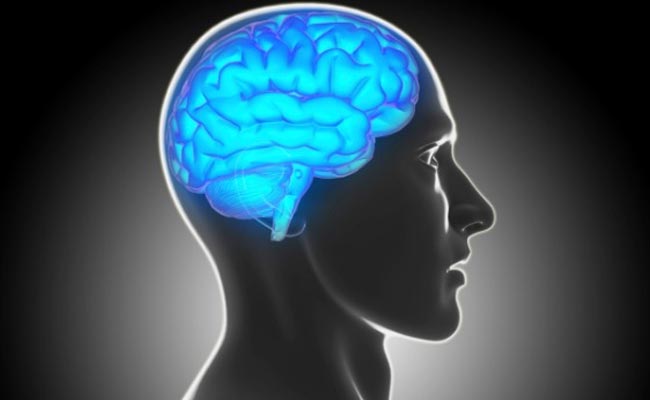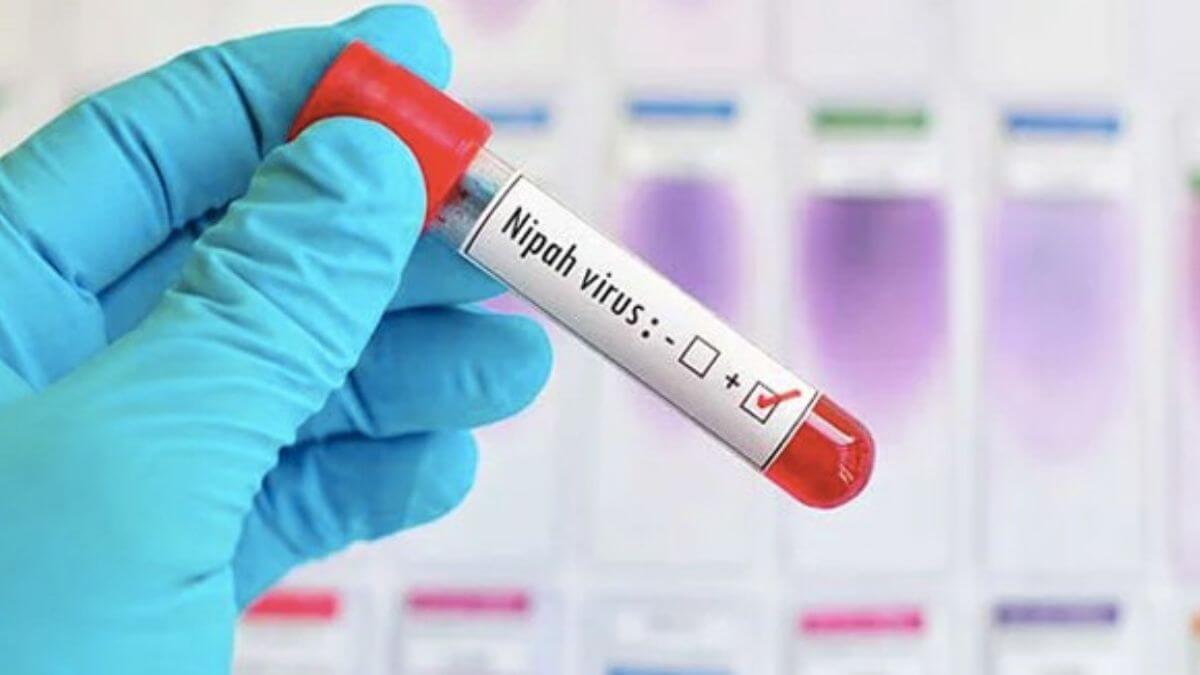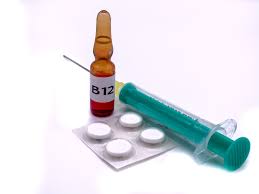Early life exercise promotes brain health
Thu 31 Dec 2015, 12:12:17

Regular exercising early in life can alter a teeming menagerie of over 100 trillion microbes in the gut, which may promote healthy brain function and improve metabolic activities over the course of a lifetime, a new study has found.
The research at the University of Colorado Boulder in US indicates that there may be a window of opportunity during early human development to optimise the chances of better lifelong health.
“Exercise affects many aspects of health, both metabolic and mental, and people are only now starting to look at the plasticity of these gut microbes,” said senior author Monika Fleshner, a professor at the University of Colorado Boulder’s Department of Integrative Physiology.
Microbes take up residence within human intestines shortly after birth and are vital to the development of the immune system and various neural functions.
These microbes can add as many 5 million genes to a person’s overall genetic profile and thus have tremendous power to influence aspects of human physiology.
While this diverse microbial community remains somewhat malleable throughout adult life and can be influenced by environmental factors such as diet and sleep
patterns, the researchers found that gut microorganisms are especially ‘plastic’ at a young age.
patterns, the researchers found that gut microorganisms are especially ‘plastic’ at a young age.
The study found that juvenile rats who voluntarily exercised every day developed a more beneficial microbial structure, including the expansion of probiotic bacterial species in their gut compared to both their sedentary counterparts and adult rats, even when the adult rats exercised as well.
The researchers have not, as of yet, pinpointed an exact age range when the gut microbe community is likely to change, but the preliminary findings indicate that earlier is better.
A robust, healthy community of gut microbes also appears to promote healthy brain function and provide anti-depressant effects, Fleshner said.
Previous research has shown that the human brain responds to microbial signals from the gut, though the exact communication methods are still under investigation.
“Future research on this microbial ecosystem will hone in on how these microbes influence brain function in a long-lasting way,” said lead author Agniezka Mika, a graduate researcher at the Department of Integrative Physiology. The study was published in the journal Immunology and Cell Biology.
No Comments For This Post, Be first to write a Comment.
Most viewed from Health
AIMIM News
Latest Urdu News
Most Viewed
May 26, 2020
Should there be an India-Pakistan cricket match or not?
Latest Videos View All
Like Us
Home
About Us
Advertise With Us
All Polls
Epaper Archives
Privacy Policy
Contact Us
Download Etemaad App
© 2026 Etemaad Daily News, All Rights Reserved.

























.jpg)
.jpg)
.jpg)


